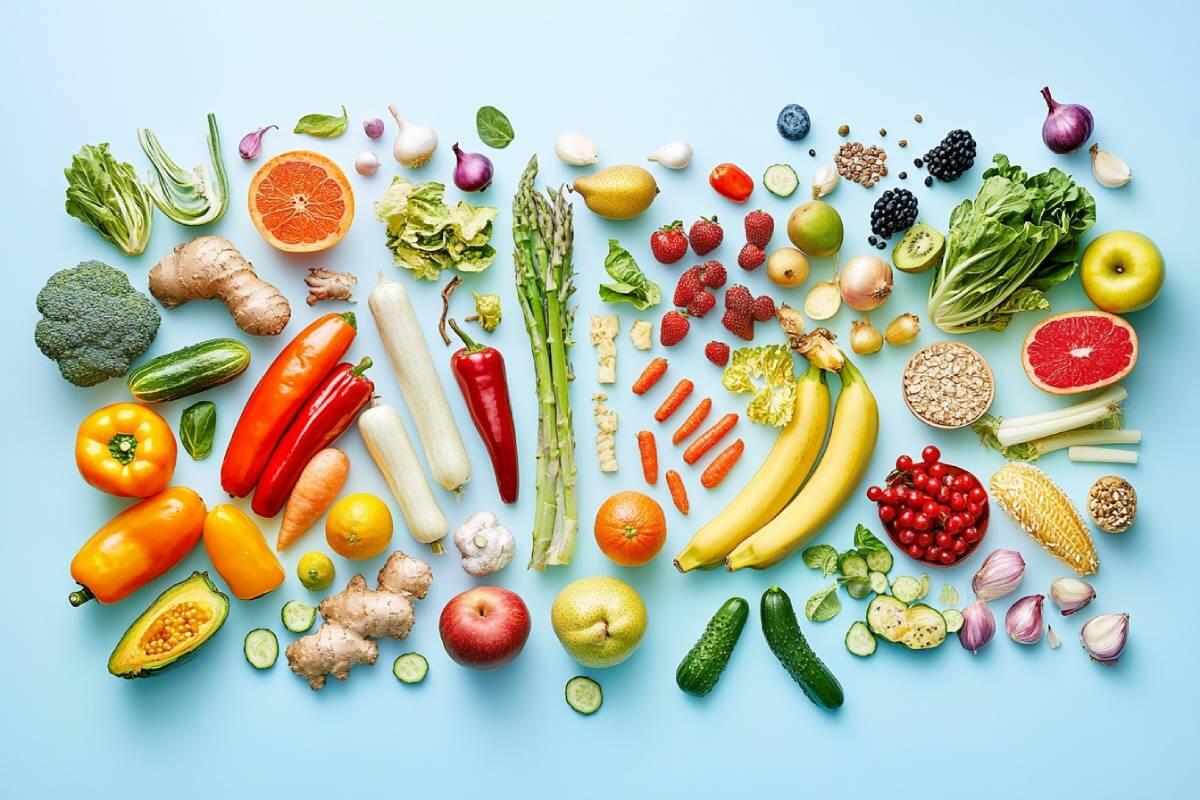Healthy Eating: Challenges and Trends for a Better Future
In a world where health is increasingly at the center of attention, healthy eating stands out as one of the pillars for a balanced and sustainable life. However, the challenges of adopting proper eating habits remain a global reality.
From the impact of Western diets to the rise of new food trends, this article explores how healthy eating can transform lives and influence the future of our planet.
The Impact of Eating Habits on Health
What we put on our plate directly reflects on our health. In many regions, the dominance of processed foods, rich in sugars, saturated fats, and chemical additives, has led to a significant increase in conditions such as obesity and chronic diseases.
📌 Western Diet vs. Mediterranean Diet
✔ The Western diet, based on fast food, sugary drinks, and low-nutrient foods, is linked to an increase in metabolic diseases.
✔ The Mediterranean diet, rich in fruits, vegetables, olive oil, and fish, reduces the risk of cardiovascular diseases, diabetes, and even dementia.
The Major Health Problems Related to Diet
Obesity: A Growing Global Challenge
Obesity is a growing public health issue. According to the WHO, more than 1 billion adults are overweight, with a large portion being obese.
🔹 Factors contributing to obesity:
✔ Excess calorie intake;
✔ Sedentary lifestyle;
✔ Genetic and hormonal factors.
Obesity is strongly linked to heart disease, type 2 diabetes, and even cancer. Among children, the problem is even more concerning, as it can lead to complications in adulthood and reduce life expectancy.
Heart Disease: The Leading Cause of Death Worldwide
Cardiovascular diseases continue to top the global mortality statistics.
📌 Main causes:
✔ Diets high in saturated fats, cholesterol, and sodium;
✔ Sedentary lifestyle and smoking;
✔ Lack of fiber and healthy fat intake.
📌 Simple changes can help:
✔ Replace salt with natural seasonings;
✔ Increase the consumption of fruits, vegetables, whole grains, and nuts.
Type 2 Diabetes: A Reflection of Modern Lifestyles
Type 2 diabetes occurs when blood sugar levels remain elevated due to insulin resistance.
📌 Main causes:
✔ Excessive consumption of sugars and refined carbohydrates;
✔ Diets high in ultra-processed foods;
✔ Low intake of fiber and protein.
🔹 How to avoid it?
✔ Adopt a diet rich in whole grains, fiber, and lean proteins;
✔ Avoid industrialized and ultra-processed foods.
Global Trends in Healthy Eating
Plant-Based Diets
Vegetarian and vegan diets have been gaining popularity worldwide, driven by concerns about health and sustainability.
📌 Main benefits:
✔ Reduction in the risk of chronic diseases;
✔ Lower environmental impact;
✔ Improved digestive health and weight management.
Organic Foods: A Growing Choice
Organic foods are grown without chemical pesticides or GMOs (genetically modified organisms).
📌 Why choose organic?
✔ Less exposure to pesticides;
✔ Better soil quality and lower environmental impact.
Although there are still debates about the nutritional benefits of organic foods, their growing popularity reflects concerns about food quality and the environment.
Sustainable Alternatives
The search for sustainable food options is increasing. This includes:
✔ Consumption of local and seasonal foods;
✔ Reduction of food waste;
✔ Use of alternative protein sources, such as legumes, insects, and lab-grown meat.
These practices help protect the environment and promote a more nutritious and diverse diet.
Strategies for Adopting a Healthy Diet
The transition to healthier eating habits may seem difficult, but small changes can make a big difference.
📌 Practical tips:
✔ Plan your meals to avoid impulsive choices;
✔ Reduce ultra-processed food consumption and opt for natural foods;
✔ Experiment with new ingredients, such as quinoa, chia, and legumes;
✔ Cook more at home to control the ingredients;
✔ Read food labels and learn about nutrition to make informed choices.
Healthy eating not only benefits individual health but also contributes to a more sustainable world.
Every meal is an opportunity to invest in your health. Start today and prepare for a better future!
Bibliographic References
🔹 World Health Organization - Obesity and Overweight
🔹 Harvard T.H. Chan School of Public Health - Healthy Eating Plate
🔹 Mayo Clinic - Mediterranean Diet
🔹 American Diabetes Association - Diabetes Diet & Nutrition
🔹 Food and Agriculture Organization - Sustainable Diets
